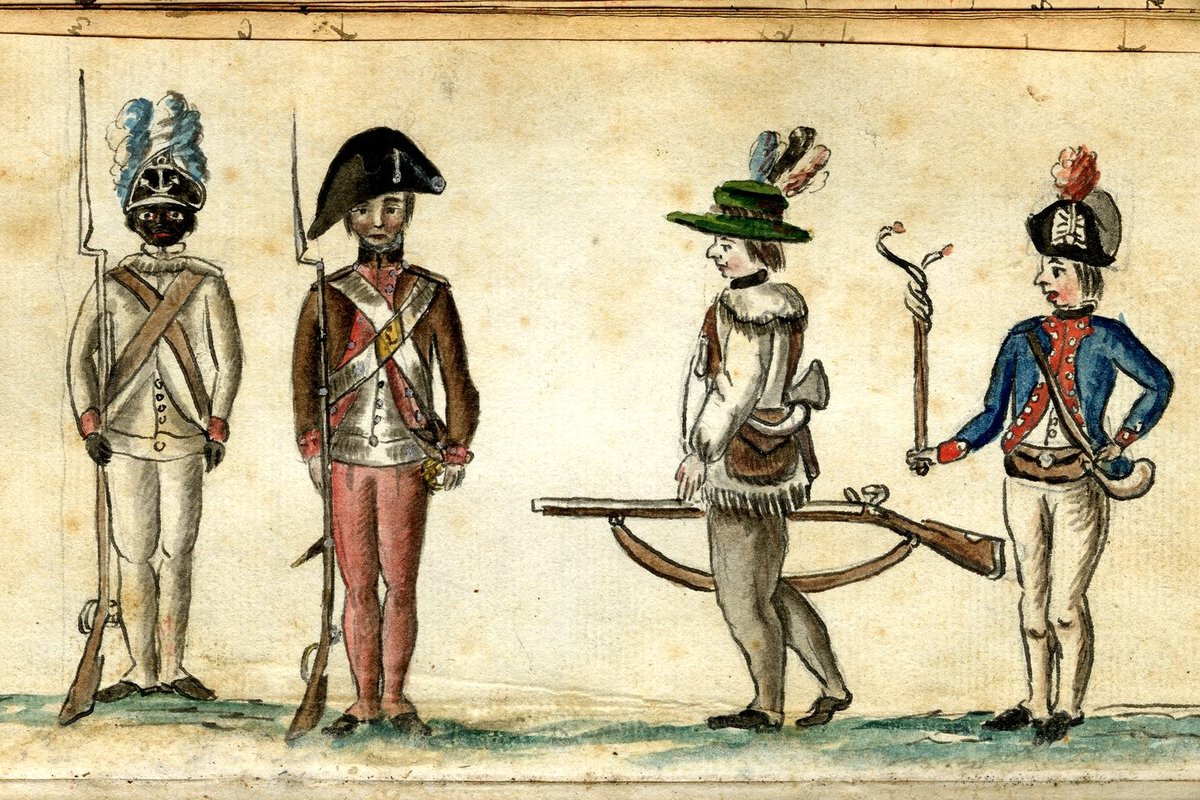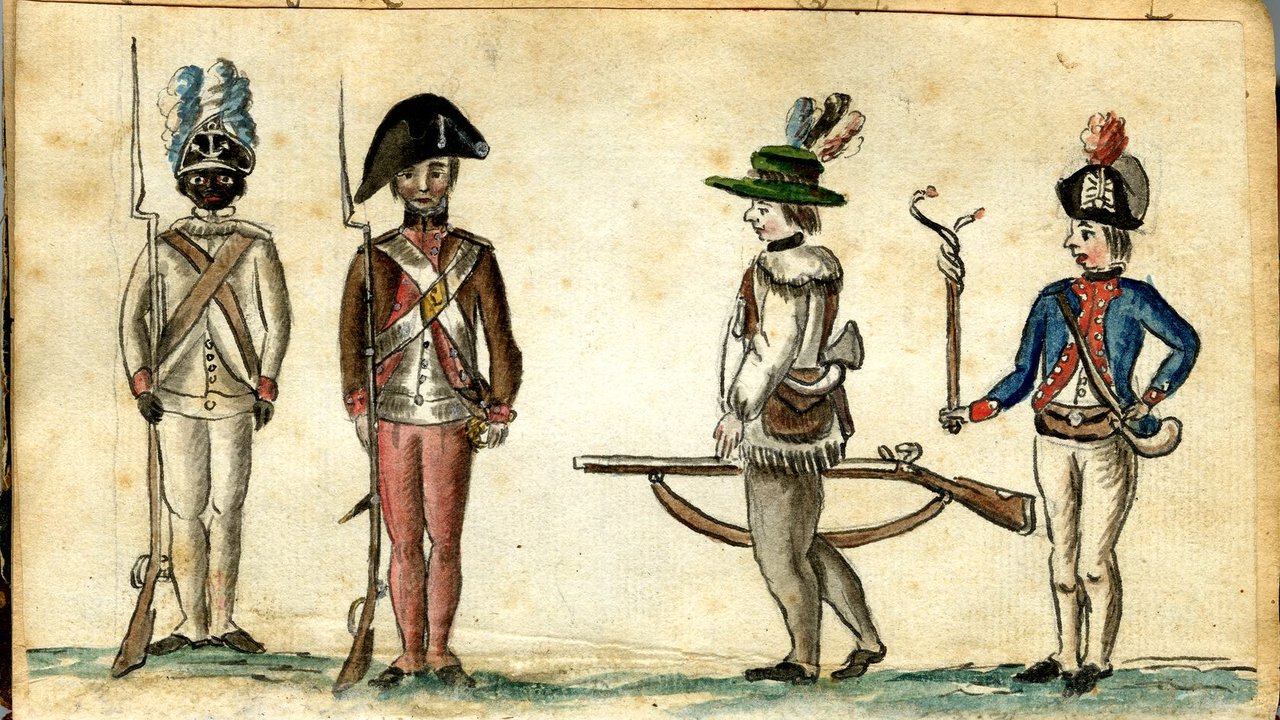
A Warning From Murphy Stiel of the Black Pioneers
Murphy Stiel (sometimes Steele) was a formerly enslaved man from North Carolina, of whom we know very little. He was likely born sometime around 1753 and escaped slavery by running to the British army in 1776. There, he joined the British forces and eventually became a member of the Black Pioneers. This company of Black Loyalists was created under General Henry Clinton as a non-combat unit primarily responsible for labor and construction work. The Black Pioneers replaced the recently disbanded Ethiopian Regiment, formed under Lord Dunmore following his proclamation declaring freedom to any male forced laborers of rebellious colonists who came to his banner.1
In August of 1781, Stiel reported a prophecy that had been imparted to him by a “Voice.” Stiel’s prophecy predicted a massive insurrection among enslaved people, who would rise up for their freedom against rebellious colonists, if General George Washington did not surrender. Whether Stiel’s prophecy was ever shared with anyone is unknown. What little more we know of Stiel is that he, along with many other Black Loyalists, appeared in the Book of Negroes, a document listing the names and sometimes basic information about Black people who were evacuated from New York with the last of the British forces. His name is listed as having boarded the Joseph on November 9, 1783, which was setting off for Nova Scotia. Stiel likely joined thousands of other Black Loyalists who moved to Nova Scotia and other parts of the British Empire to begin a new life and form free Black communities around the world.2
August 16th, 1781
Murphy STIEL of the Black Pioneers Says, That about a forthnight ago at Noon, when he was in the Barracks of The Company in Water Street, he heard a Voice like a Man's (but saw no body) which called him by his name, and desired him to go and tell The Commander in Chief, Sir Henry CLINTON, to send word to Genl. Washington That he must Surrender himself and his Troops to the King's Army, and that if he did not the wrath of God would fall upon them.
That if General Washington did not Surrender, The Commr. in Chief was then to tell him, that he would raise all the Blacks in America to fight against him. The Voice also said that King George must be acquainted with the above.
That the same Voice repeated the aforesaid Message to him several times afterwards and three days ago in Queen Street insisted that he should tell it to Sir Henry CLINTON, upon which he answered that he was afraid to do it, as he did not see the Person that spoke.
That the Voice then said that he must tell it, that he was not to see him for that he was the Lord, and that he must acquaint Sir Henry CLINTON that it was the Lord that spoke this; and to tell Sir Henry also, that he and Lord CORNWALLIS was to put an end to this Rebellion, for that the Lord would be on their Side.
Black Americans and the American Revolution
By the time of the American Revolution, there was a sizable Black population in the colonies. Black Americans were involved in several ways, and witnessing the revolution around them was just one such way.
As witnesses to a unique time in history, Black Americans offered their own opinions and observations of the events around them. For some, this proved crucial in finding and fighting for freedom. For others, this meant they could contribute their own opinions to the chorus of revolutionary-era rhetoric.

Sources
- James G. Basker and Nicole Seary, eds., Black Writers of the Founding Era, 1761-1800 (Library of America, 2023), 205.
- Basker and Seary, Black Writers of the Founding Era, 205.
